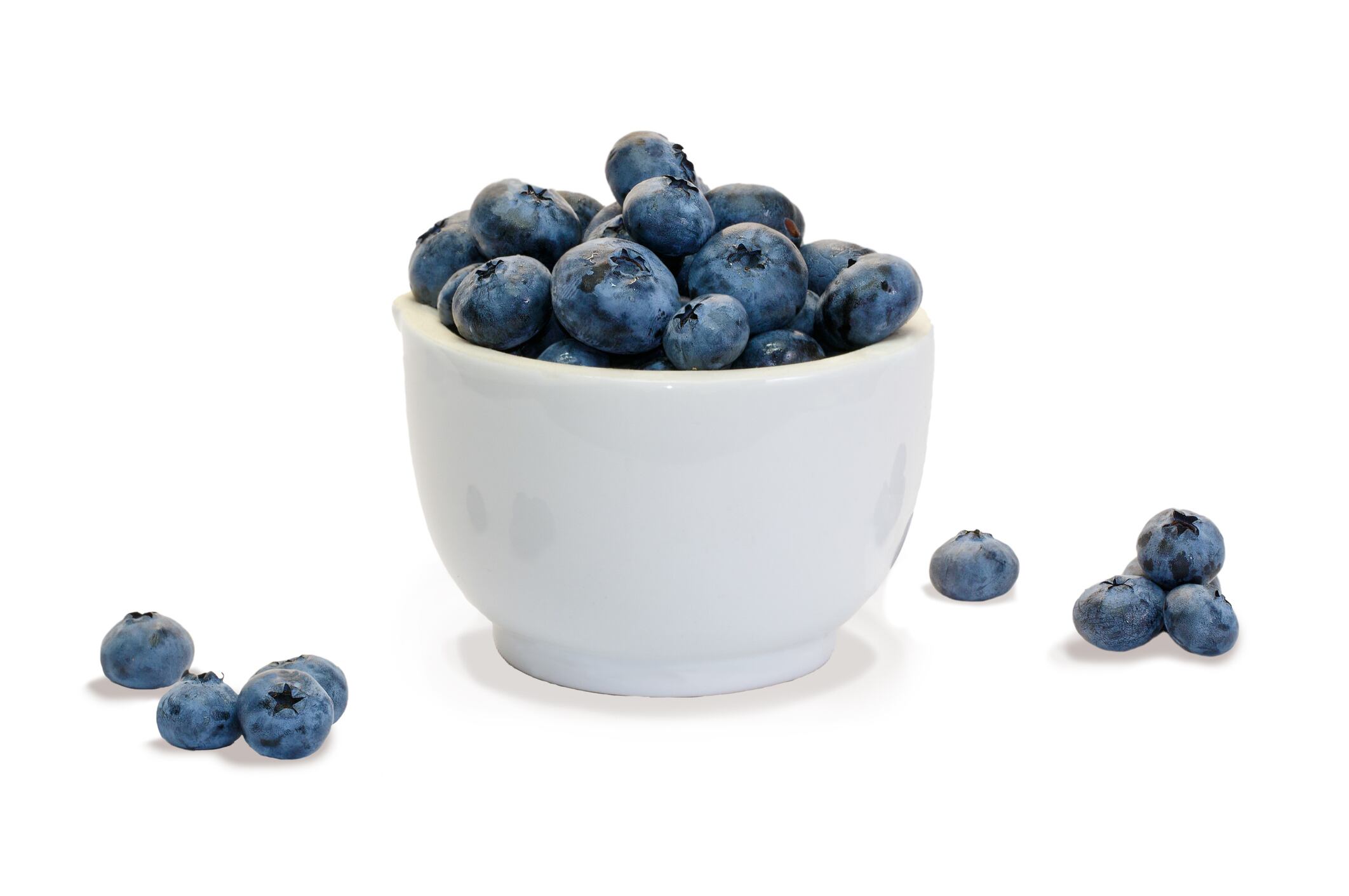“We showed that consuming 22 g day of freeze-dried highbush blueberry powder for 12 weeks significantly improved endothelial function, but not blood pressure, in postmenopausal women with above-normal blood pressure,” wrote the team of researchers from Colorado State University (CSU). “These findings are clinically meaningful considering the prevalence of endothelial dysfunction in this population and its central role in cardiovascular disease pathophysiology.”
Published in the journal Food and Function, the study was supported by the US Highbush Blueberry Council and the USDA National Institute of Food and Agriculture.
Menopause and endothelial function
According to the American College of Cardiology, menopause is associated with a two-fold increase in hypertension, with a prevalence of 75% in postmenopausal women in the US. Hypertension, in turn, contributes to reduced endothelial function, which is important for controlling proper blood flow, clotting and immunity.
“Estrogen-deficient postmenopausal women have oxidative stress-mediated suppression of endothelial function that is exacerbated by high blood pressure,” the researchers explained. “Previous research suggests blueberries may improve endothelial function through reductions in oxidative stress, while also exerting other cardiovascular benefits.”
Dr. Sarah Johnson, lead author on the study and associate professor with the Department of Food Science and Human Nutrition at CSU, highlighted studies connecting chronic blueberry consumption to improved endothelial function in healthy men and adults with metabolic syndrome or other cardiometabolic disease risk factors.
“This is the first study to evaluate the impact of blueberries on endothelial function in postmenopausal women with above-normal blood pressure,” she said. “Some studies suggest benefits may be through reductions in oxidative stress, and our findings are in agreement with this.”
Study details
The randomized, double-blind, placebo-controlled, parallel-arm clinical trial evaluated a total of 43 estrogen-deficient postmenopausal women aged 45–65 years with elevated blood pressure or stage 1-hypertension. Participants consumed either 22 g of freeze-dried highbush blueberry powder or a placebo powder a day for 12 weeks.
Endothelial function was assessed at baseline and 12 weeks through ultrasound measurement of brachial artery flow-mediated dilation (FMD), a measure of blood vessel health. The study also evaluated hemodynamics, arterial stiffness, cardiometabolic blood biomarkers and plasma polyphenol metabolites at baseline, 4, 8 and 12 weeks, as well as venous endothelial cell protein expression at baseline and 12 weeks.
“We found increases in blood biomarkers of polyphenols (phytochemicals found in blueberries) and of metabolism of those polyphenols by the gut microbiota, but it is currently not known how those blood biomarkers or the gut microbiota are linked to the beneficial health effects we observed,” Dr. Johnson said.
Total plasma polyphenol metabolites increased at 4, 8, and 12 weeks in the blueberry group compared to baseline and were higher than in the placebo group. Increases in several plasma flavonoid and microbial metabolites were also noted.
In a previous study, Dr. Johnson and her colleagues reported that chronic blueberry consumption reduced systolic and diastolic blood pressure in post-menopausal women, but the current findings did not show major antihypertensive effects in this population following blueberry consumption.
Further study
To explore the physiological mechanisms and understand factors contributing to inter-individual variability in clinical responses and support a precision nutrition approach, the study calls for additional trials on the effects blueberry consumption in diverse populations.
“Currently I am working collaboratively on a USDA-funded project to use a reverse translational approach (humans to mice to cells) to evaluate the role of the gut microbiome in determining improvements in endothelial function in postmenopausal women and the impact of blueberries on the gut microbiota,” Dr. Johnson said.
She is also working on a randomized controlled trial evaluating 12 weeks of blueberry consumption in middle-aged/older adults on cardiovascular health, as well as a collaborative project to evaluate the combination blueberries with whey and novel plant proteins (hemp and pea) on the bioavailability of blueberry polyphenols.
Source: Food & Function 2023, 14, 2621
“Daily blueberry consumption for 12 weeks improves endothelial function in postmenopausal women with above-normal blood pressure through reductions in oxidative stress: a randomized controlled trial”
doi: 10.1039/d3fo00157a
Authors: Sarah A. Johnson et al.



